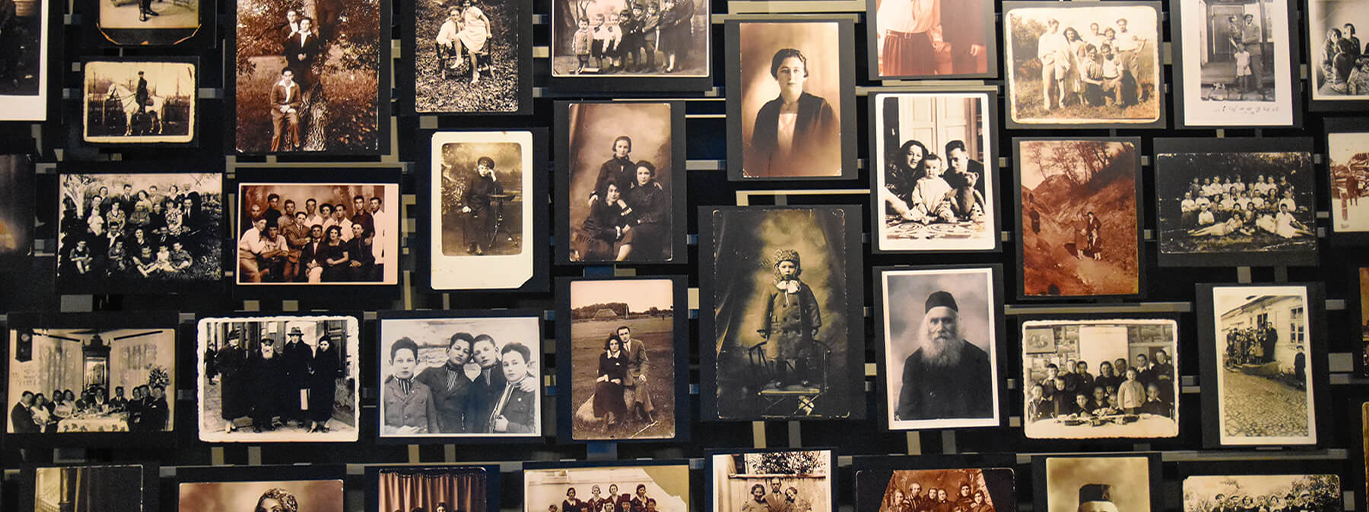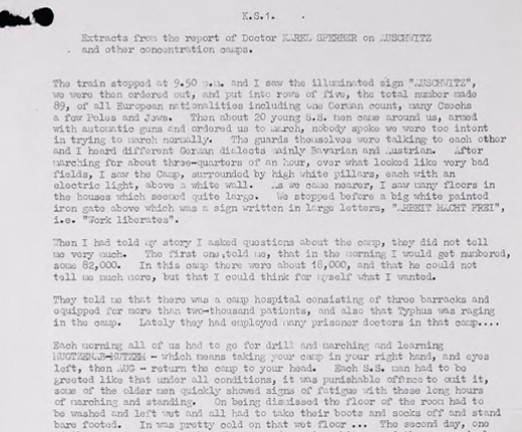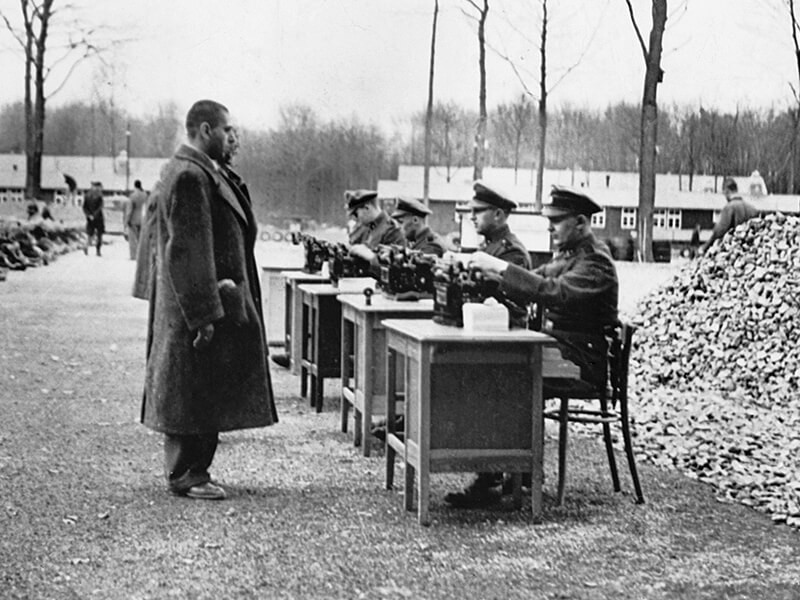
Prosecuting the Holocaust: British Investigations into Nazi Crimes, 1944–1949

Testimony of and interviews with victims and alleged perpetrators
This collection is an important and crucial resource, painstakingly compiled, for those working in the field of Holocaust Studies. It is absolutely essential for future research and scholarship.Director of the Mittelbau-Dora Concentration Camp Memorial
Access the full collection
Access the full archive of Prosecuting the Holocaust: British Investigations into Nazi Crimes, 1944–1949.
Institutional Free Trial
Start your free trialRegister for a free 30-day trial of Prosecuting the Holocaust: British Investigations into Nazi Crimes, 1944–1949, for your institution.
Institutional Sales
Visit Sales PagesellFor more information on institutional access, visit our sales page.
Already have a license? Sign in.
Bringing Nazis to justice and giving victims a voice

During the Second World War, the Nazi state was responsible for the systematic enslavement and extermination of millions of Jews. Other groups, such as Russian prisoners of war, Slavs, Sinti and Romani, homosexuals, the disabled, and political opponents of the regime were also targeted. After Germany’s surrender, Allied forces established a series of military tribunals, known as the Nuremberg Trials, to bring the architects and perpetrators of these crimes to justice.
Drawn from The National Archives (UK) and United States Holocaust Memorial Museum, this collection contains a wealth of information regarding the British government's efforts to investigate and prosecute Nazi crimes during the period 1944-1949. The evidence gathered sheds light on almost every aspect of the Holocaust, from the concentration camp system to the mass murder of the “incurably sick” in psychiatric hospitals. More importantly, it gives a voice to the victims of these atrocities, many of whom testified about their experiences immediately after the war.
The files include materials from the WO 309 (War Office: Judge Advocate General's Office; British Army of the Rhine War Crimes Group), WO 311 (War Office: Judge Advocate General's Office; Military Deputy's Department), and WO 235 (War Office: Judge Advocate General's Office; War Crimes Case Files) series.
Contents
Prosecuting the Holocaust: British Investigations into Nazi Crimes, 1944–1949...
Testimony of and interviews with victims and alleged perpetrators
Discover
Highlights

Licensed to access Records relating to Auschwitz-Birkenau, 1945-1947

Licensed to access International Scientific Commission for Investigation of Medical War Crimes, 1946-1948

Licensed to access Ill-treatment of civilians and forced labourers, 1944-1949
Insights
- Britain, France, the Soviet Union, and the United States worked together to prosecute high profile war criminals under the Nuremberg Charter. Each country provided two judges and one prosecutor for the Nuremberg Trials. The four Allied powers tried lower-level officials and functionaries in their own zones of occupation.
- The bulk of the documents in the collection come from the Office of the Judge Advocate General (JAG) at the British War Office, which dealt with military law and war crimes.
- Suspects were detained, photographed, and interviewed by JAG officers. The resulting detention reports form a significant part of the collection.
- The files also show the importance of survivor testimony in building a case and securing a prosecution.
Unlock Historical Research for Your Institution
Provide your students and researchers with direct access to unique primary sources.
Related Media










